Engineered Escherichia coli bacteria could be used to make sustainable biobased plastics.
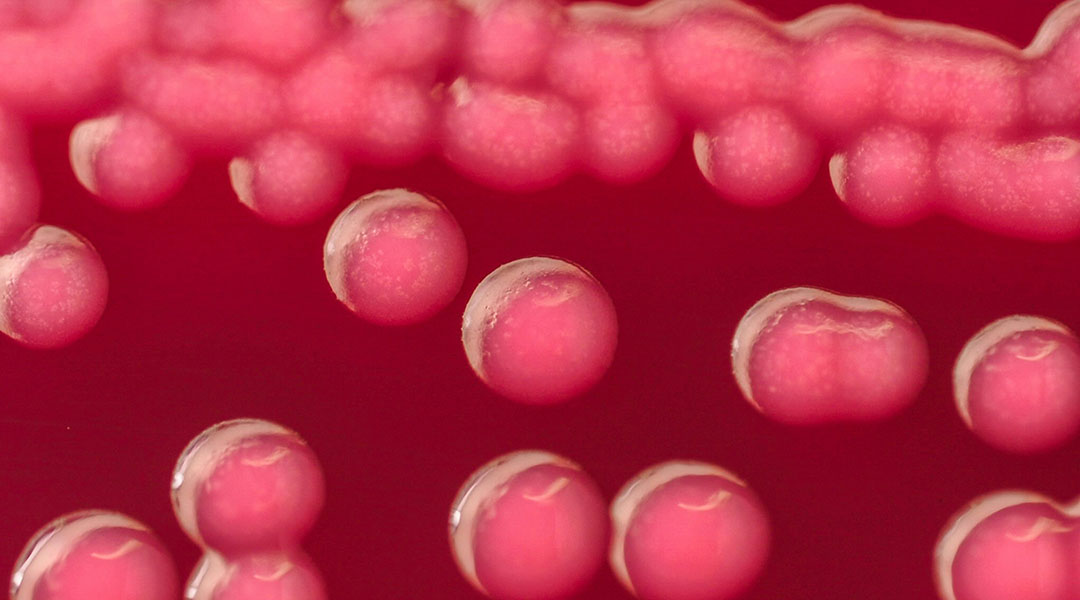

Engineered Escherichia coli bacteria could be used to make sustainable biobased plastics.
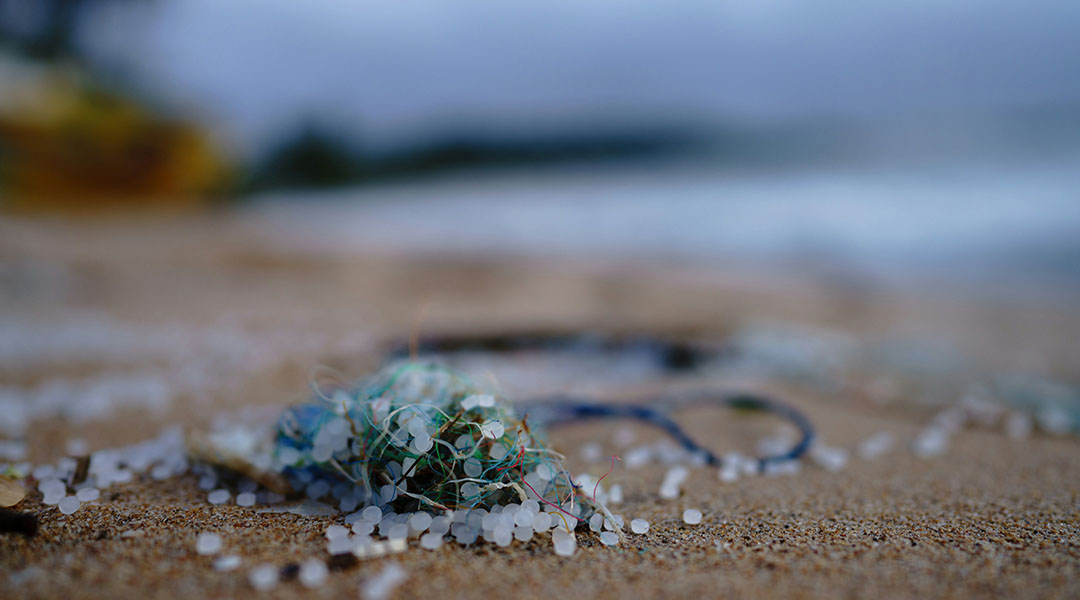
Microplastics facilitate a “super slime” that is resistant to antibiotics, sparking concern about antibiotic resistance in heavily polluted areas.
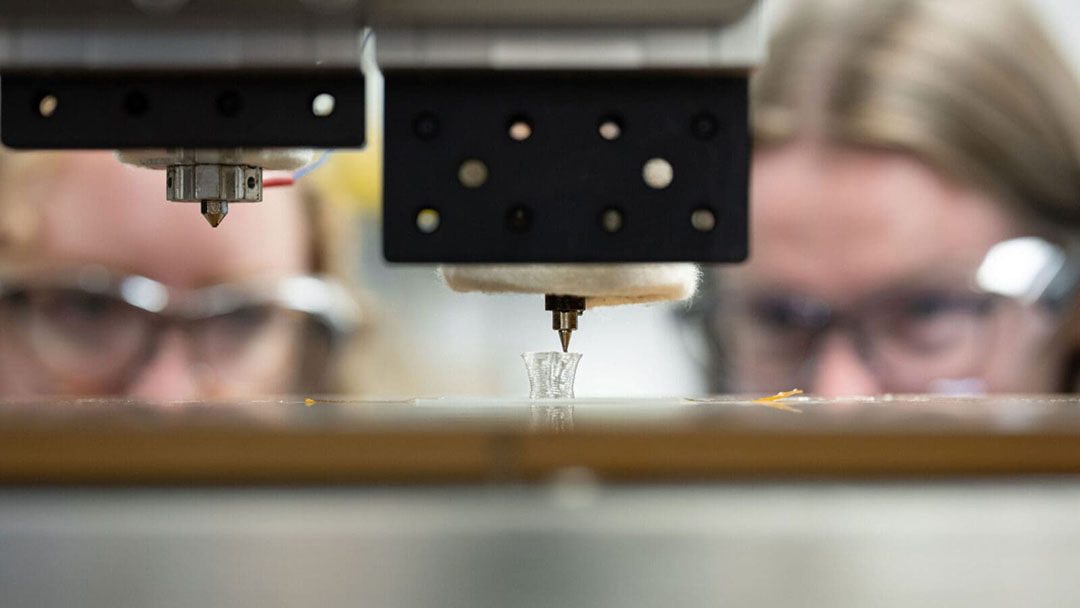
A 3D printing technique creates recyclable plastics with adjustable flexibility and strength for soft robots and medical devices.
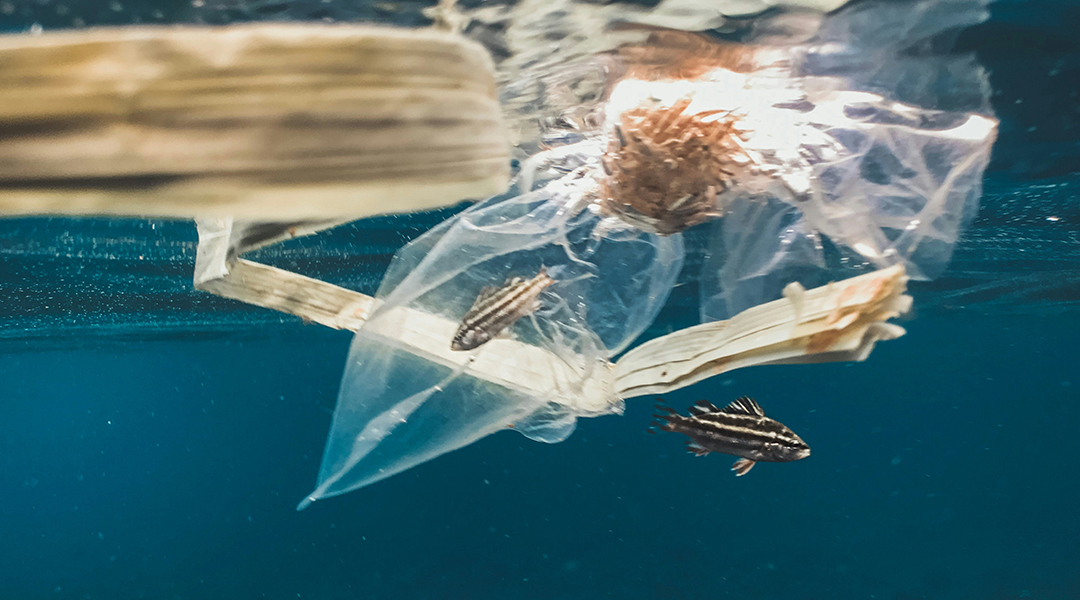
A new material designed to dissolve only in salt water could help us prevent the accumulation of microplastics in the seas.
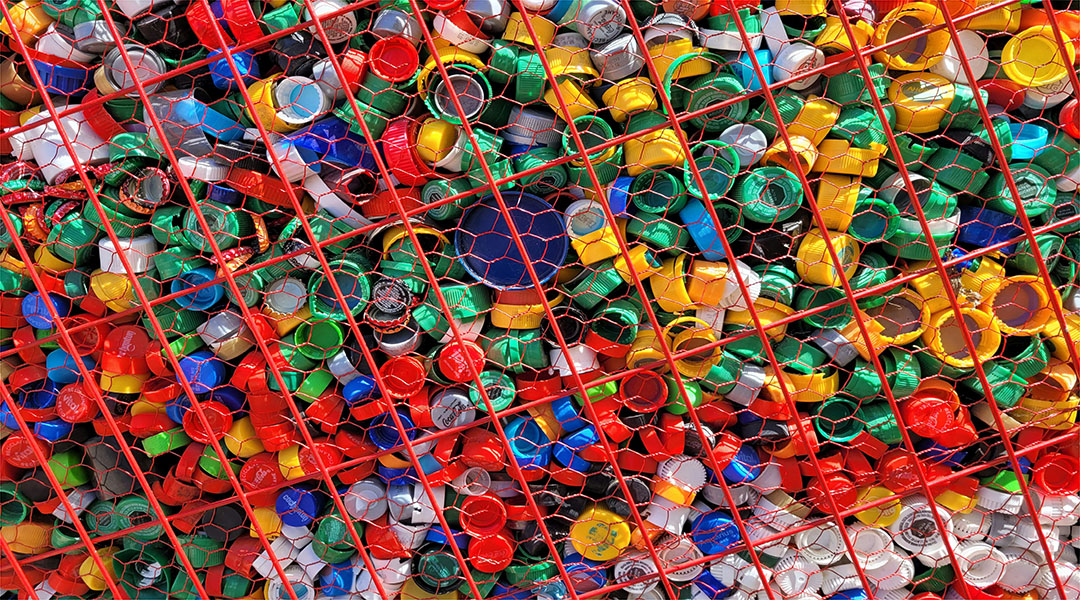
A common bacteria found growing on plastic in urban wastewater could provide new bioengineering solutions to clean up plastic waste.
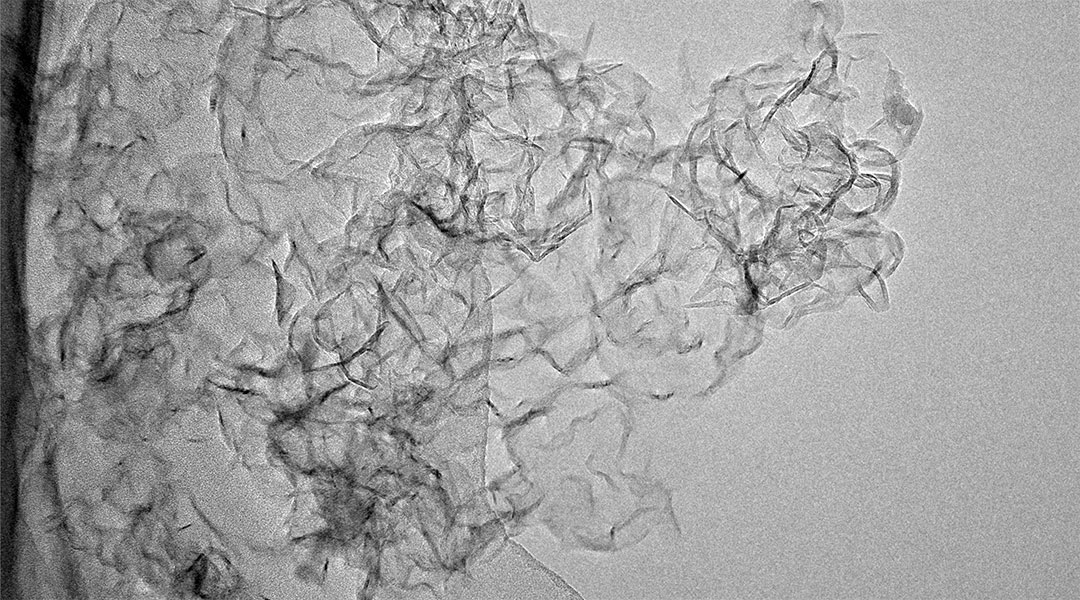
Scientists convert harmful microplastics into valuable graphene using plasma, offering a promising solution for this type of pollution.
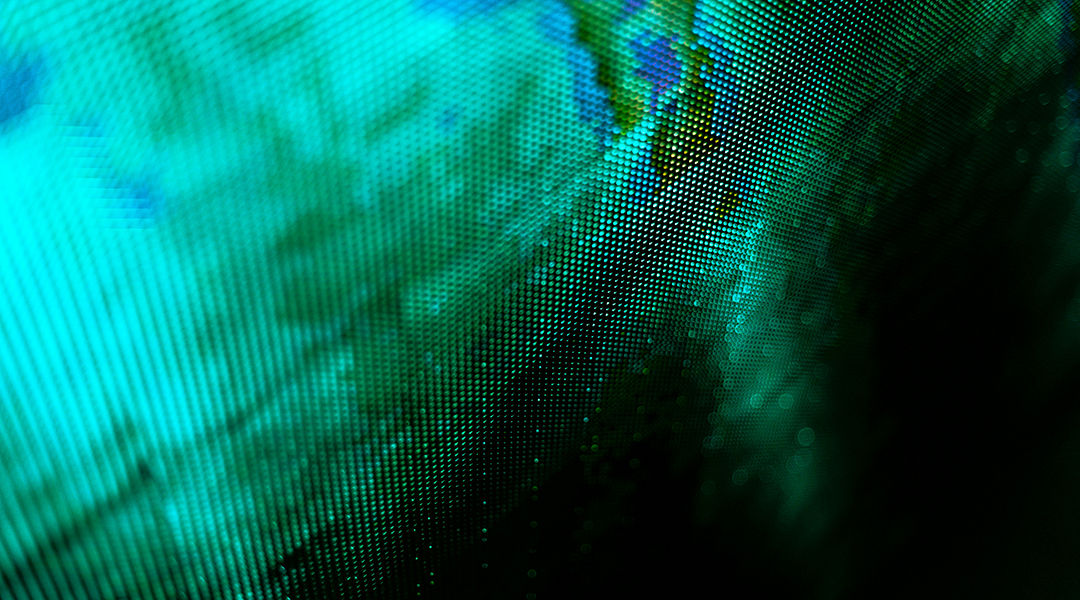
There is an urgent need to replace fossil-derived plastics with biodegradable alternatives but do they solve microplastics’ health issues?
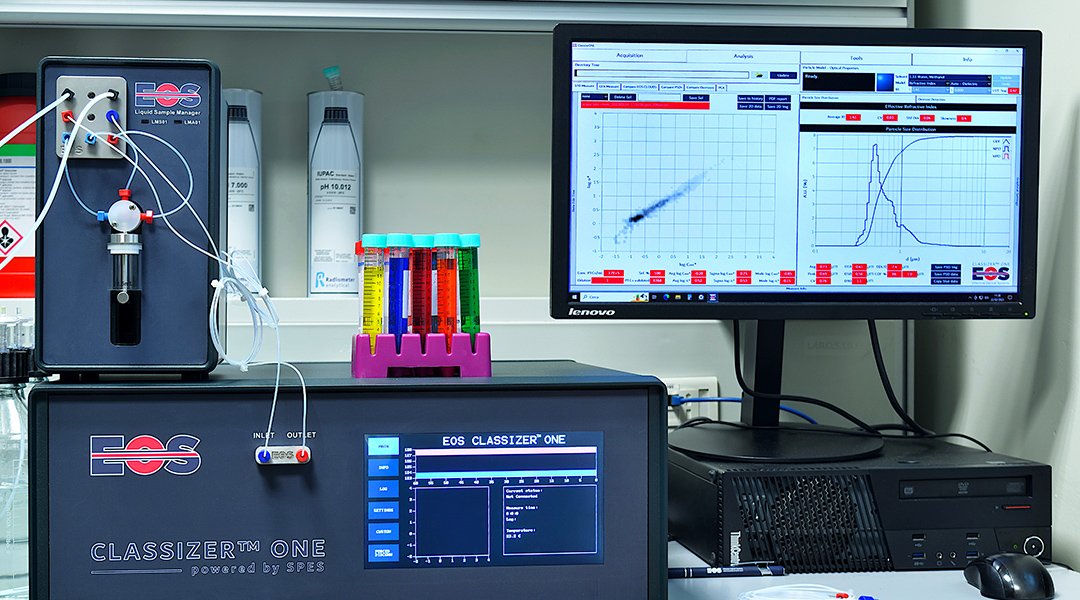
Applying an advanced light-scattering technique, scientists could quantify the microplastics released when plastic containers were heated.
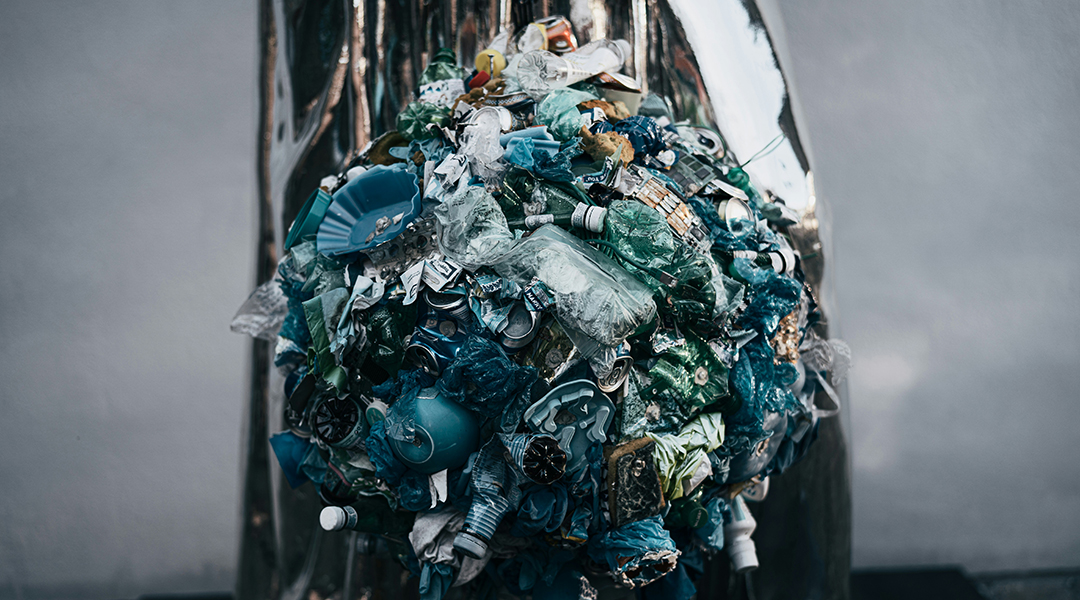
A closed-loop process for making and recycling polycarbonate plastic also captures carbon to reduce waste and cut emissions.

Pre-activation of plastics with fluorine-containing molecules disrupts their stability, making them easier to break down and upcycle.